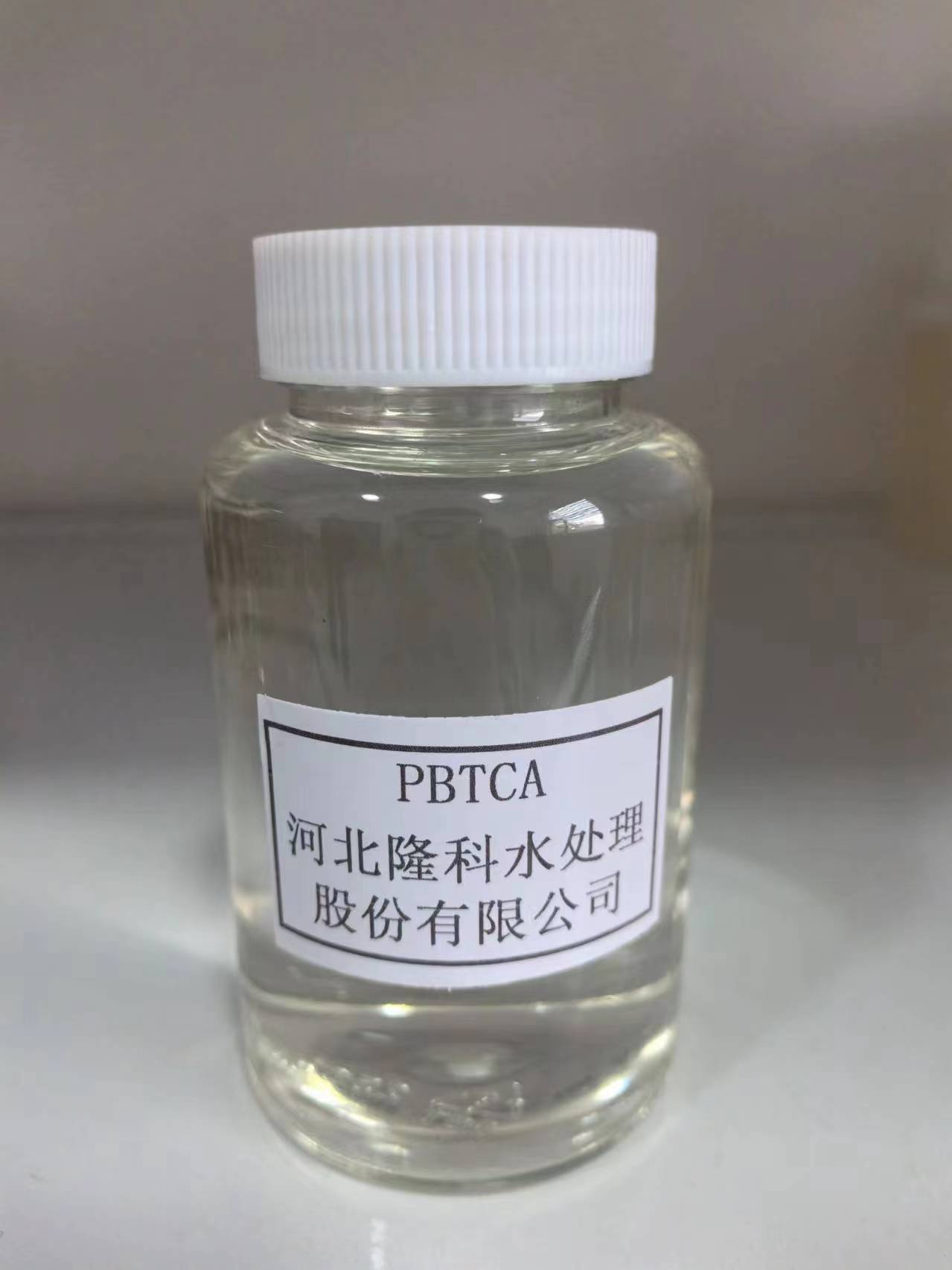Exploring the Applications and Benefits of Polyaluminium Chloride Solutions in Water Treatment Processes
Understanding Polyaluminium Chloride Solution Applications and Benefits
Polyaluminium chloride (PAC) solution has emerged as a crucial agent in various industrial and municipal applications, particularly in water treatment processes. This compound, characterized by its high solubility and effectiveness in coagulation, plays a pivotal role in enhancing water quality, making it safer for consumption and use.
Composition and Properties
Polyaluminium chloride is a versatile inorganic polymer that comprises aluminum, chlorine, and oxygen in various proportions. Its most common formulation is a solution of aluminum chloride, which has been hydrolyzed to form aluminum hydroxide and other complex aluminum species. The resulting PAC solution can be adjusted to achieve varying degrees of basicity, which influences its efficacy as a coagulant. Typically available in liquid form, PAC's concentration can vary, affecting its performance in different applications.
One of the key properties of polyaluminium chloride is its ability to destabilize colloidal particles in water. When added to water, PAC reacts with impurities like silt, clay, organic matter, and microorganisms, causing them to aggregate and settle out of the water column. This makes it an excellent choice for sedimentation processes in both drinking water treatment and wastewater management.
Applications in Water Treatment
polyaluminium chloride solution

The most notable application of PAC solutions is in water treatment plants, where they are used to clarify water sources. In municipal drinking water systems, PAC is employed to remove suspended particles, bacteria, and other contaminants, making the water safe for human consumption. The use of PAC is especially advantageous because it works effectively over a wide range of pH levels, unlike traditional coagulants like alum, which may require more stringent pH control.
Additionally, PAC plays a significant role in industrial wastewater treatment. Industries such as textiles, paper manufacturing, and food processing generate large volumes of wastewater containing organic and inorganic pollutants. The use of PAC in these processes not only improves the clarity of the treated water but also enhances the overall efficiency of the treatment systems by reducing sludge volume and improving the removal of toxic substances.
Environmental Benefits
Another significant advantage of using PAC solutions is their environmental compatibility. The solid residues generated from PAC treatment are often smaller and less harmful than those from traditional coagulants. This reduction in sludge volume not only simplifies waste disposal but also minimizes the environmental impact associated with the disposal of chemical residues. Furthermore, PAC contributes to the reduction of overall chemical dosages needed in the treatment process, which can lead to cost savings and lower chemical footprints.
Conclusion
In summary, polyaluminium chloride solution represents a modern solution for efficient water treatment. Its versatility, effectiveness, and environmental benefits make it an ideal choice for both municipal and industrial applications. As water quality continues to be a rising concern globally, the adoption of PAC will likely increase, helping to ensure that our water remains safe and clean for future generations. The ongoing research and development in this field promise to enhance the understanding and efficiency of PAC, making it a vital component in sustainable water management practices. Thus, through the use of polyaluminium chloride solution, considerable strides can be made in preserving water resources and bolstering public health.
-
The Power of Isothiazolinones in Modern ApplicationsNewsMay.08,2025
-
Flocculants in Water TreatmentNewsMay.08,2025
-
Flocculants and Chemical Solutions: What You Need to KnowNewsMay.08,2025
-
Flocculants and Chemical Solutions: A Growing IndustryNewsMay.08,2025
-
Essential Chemicals: Polymaleic Anhydride and MoreNewsMay.08,2025
-
Acrylic Polymers: Essential Solutions for IndustryNewsMay.08,2025





